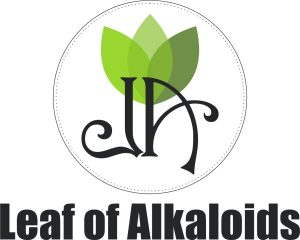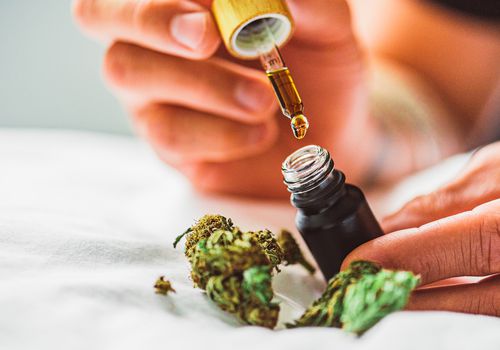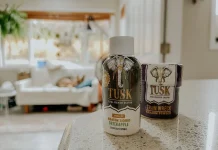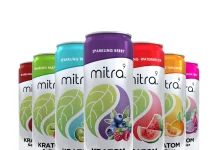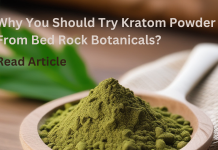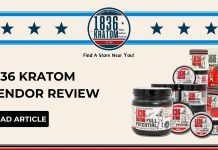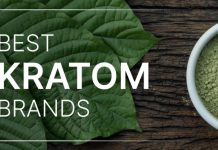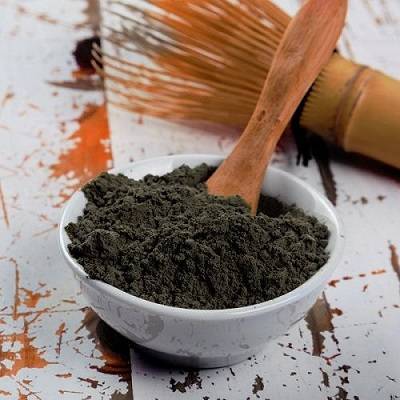CBD is surely getting all the media attention in the US these days as an add-in booster to your post-workout smoothie, your morning cup of coffee, and even your creams/ointments. You can even buy CBD-infused pillows or jog bras. Yeah, the world is going crazy, and the industry is booming day after day. An increasing number of scientific studies side with the potential benefits of CBD. Moreover, the World Health Organization (WHO) also issued an extensive report about its safety and efficacy of it.
Drug abuse and addiction aren’t just limited to street/party drugs or Marijuana/Cannabis; many over-the-counter medicines and supplements can even cause addiction problems. Many remain confused if supplements like CBD fall under the category of addictive substances like Marijuana.
In simple words, NO! While Marijuana can have mind-altering effects, CBD itself doesn’t cause you to get high, unlike THC does.
If you’re curious to know about CBD, its health benefits and risks? Whether it is safe and legal to consume? Then you have landed at the right place! We will discuss everything in detail and help you to make the right decision in life!
Keep reading!
What Is CBD?
Cannabidiol or CBD is a Cannabinoid (chemical component) found in Marijuana/Cannabis plants. CBD is derived from the Hemp plant (a form of Cannabis) and is the second most prevalent cannabinoid found in Cannabis after THC. Unlike THC, it does not have psychoactive effects.
Generally, CBD is advertised to provide countless medical/health benefits; however, more research is still needed to support the claims. There are multiple forms (Full-Spectrum, Broad-Spectrum, and Isolate) and types of CBD products ranging from edibles, gummies, creams, vapes, oils, beverages, etc.
Some even claim that CBD might help overcome addiction.
How Is Cannabidiol Different from Marijuana, Cannabis, and Hemp?
Before moving on to the safety and legalities of Cannabidiol/CBD, let’s clear a few key terminologies first:
Cannabis: Cannabis is a plant composed of three plant species having psychoactive properties, recognized as Cannabis sativa, Cannabis indica, and Cannabis ruderalis. Cannabis is a broad/umbrella term, and plant varieties like Marijuana and Hemp are extracted from it.
Marijuana: Marijuana is any variety of Cannabis Sativa or Indica or Cannabis product containing the psychoactive compound THC. It is classified into two forms as per its THC content: medical Marijuana and recreational Marijuana.
Hemp: Although sometimes confused with Marijuana, Hemp is a botanical variety of Cannabis plant/product having less than 0.3% THC content (dry weight), and does not produce intoxication upon use/consumption.
Cannabinoid: Cannabinoids are organic, naturally appearing chemical compounds found in Cannabis plants. The most prominent Cannabinoid/Phytocannabinoid is tetrahydrocannabinol (THC). Although most Cannabinoids do not get you the signature high/intoxicated, THC does.
THC: Tetrahydrocannabinol, or THC for short, is a Phytocannabinoid (chemical) found in certain Cannabis plants (Marijuana) that creates the principal psychoactive sensation upon consumption.
Is CBD Legal?
The 2018 Farm Bill legalized Hemp in the US, making it practically impossible to ban CBD; however, CBD’s legality is still in a gray area. Although the FDA has approved CBD at a Federal level, local state/city authorities have laws and regulations.
Hemp plants contain trace amounts of THC, and all Hemp-derived CBD containing 0.3% CBD is legal. All products containing more than 0.3% THC content are considered Marijuana, and Marijuana-derived CBD is illegal. There is only one FDA-approved CBD medicine used to treat epilepsy—Epidiolex.
Is CBD Safe? | What Are The Side Effects of CBD?
Generally, CBD poses no life threat, as long as it is Hemp-derived CBD, even the WHO has recognized the supplement. However, side effects (although rare) include nausea, fatigue, mild headaches, and irritability. High doses of CBD consumption can affect liver-related blood tests too. So, you should always consult or let your physician know if you are using it regularly.
A paramount safety concern is that it is primarily marketed and sold as a supplement, not as a medication. Currently, the FDA does not regulate the safety or purity of dietary supplements, including CBD. Hence, you can never be sure of what active ingredients your CBD product has that might affect you in any way; any adverse effects/reactions could be a result of interactions between Cannabidiol and a patient’s existing medications.
Is CBD Addictive?
Drug addiction is defined as a compulsive need to use a substance and the ineffectiveness of stopping using it despite adverse effects. While THC is known to produce psychoactive effects, CBD doesn’t appear to be addictive. Even the WHO claimed it to be well tolerated and has a good safety profile. Nevertheless, a challenge remains of not knowing about your product’s profile or if you’re purchasing from a reputable retailer or supplier. If your CBD products have high levels of THC content, then that’s an entirely different case.
As long as your product is sourced from Hemp and not Marijuana, you are good to go!
CBD And Drug Tests
Many people are curious to find out whether they can fail a drug test after consuming CBD. In a sense, yes, if you use or consume a CBD product containing THC. Even CBD products that claim THC-free might still have THC present in them.
There are high chances that you might get in trouble for not knowing your product and doing extensive research. Some sneaky manufacturers and vendors only care about the dollar bills and trick you into buying shady products with fake labels that can also have high levels of THC. This could lead to a failed drug test of your urine, blood, hair, or saliva.
To be sure, always check the source of CBD and ask for a certificate of analysis and third-party lab results. All reputed brands provide you with authentic information!
Can You Overdose in CBD?
Unlike other substances, the toxic dose of CBD (20,000 mg), is generally not considered lethal. To date, no study has reported CBD overdose, but consuming too much can have specific side effects. CBD is in very high doses and is even considered safe. If you experience extreme side effects then call 911 or visit the nearest emergency room immediately.
The Final Word
Although addiction is a complicated disease, it can be psychological or physical and even both; unlike chronic Cannabis, CBD is good to go. In crux, CBD does not appear to be addictive; however, it also doesn’t mean that it suits everyone. There is still a lot of research required. Before jumping on to the bandwagon, always consult your doctor first.
Make sure to tell your healthcare provider about any other medications you might be taking to prevent any potential drug interactions. Moreover, watch for side effects, and don’t take more than the recommended dosage prescribed by your doctor. CBD might seem harmless, but it isn’t risk-free! CBD seems like a promising tool to even overcome addiction! Hoping more studies support the claims in the future. Good Luck!
